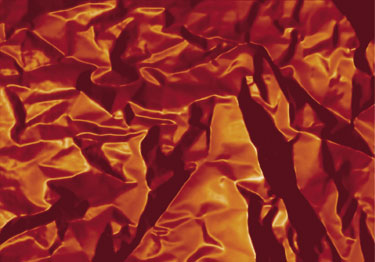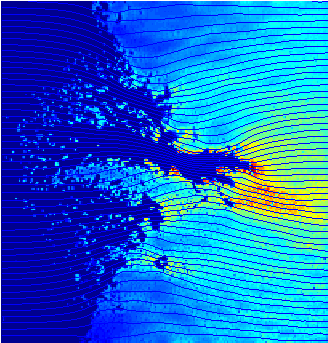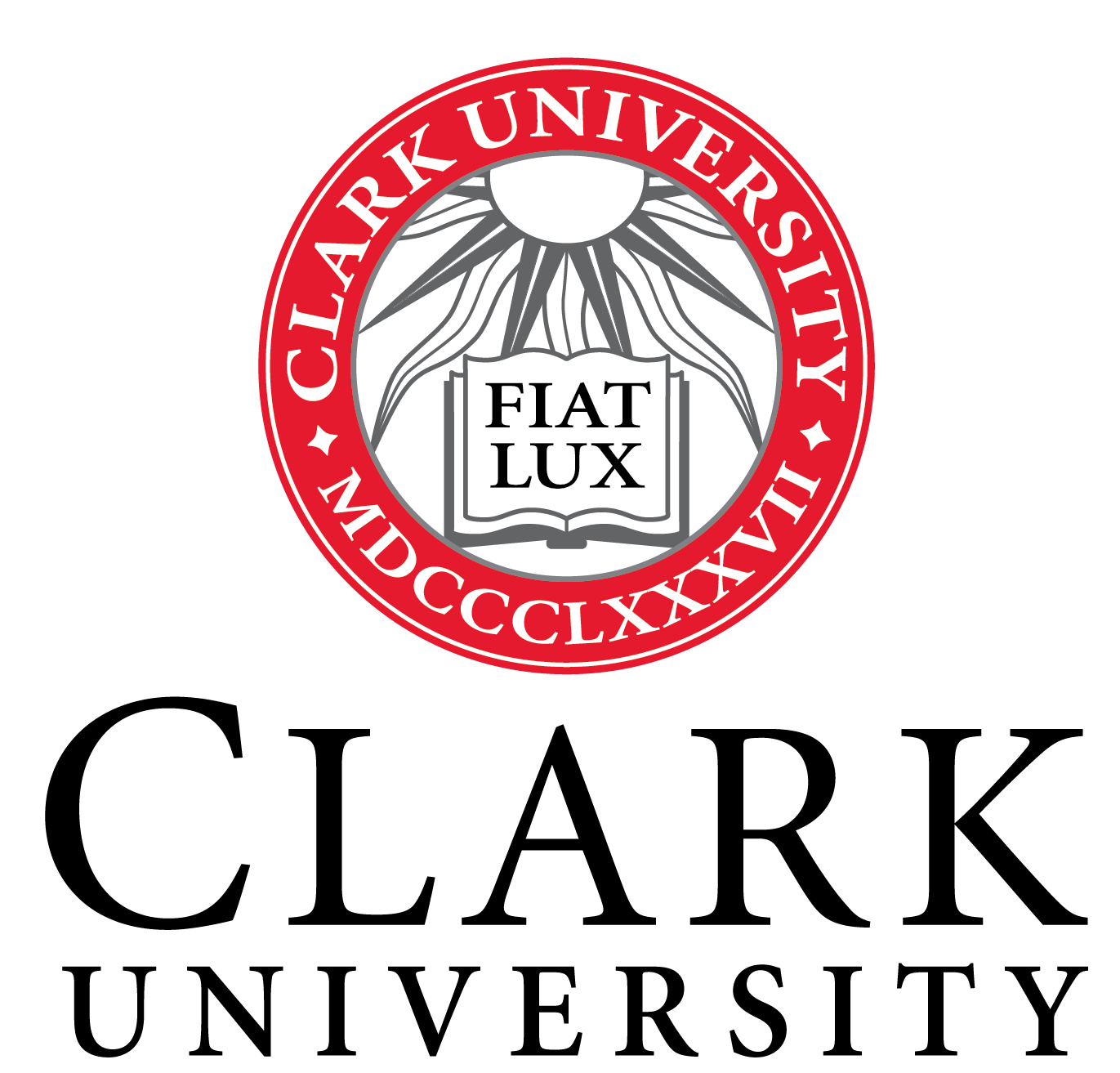Welcome to the website of the Complex Matter and Nonlinear Physics Laboratory at Clark University. The focus of our research is in discovering laws that govern processes and systems that are far from equlibrium. Examples include granular matter consisting of discrete solids which interact inelastically, active matter as in biological systems, physical processes such as erosion of granular matter by a fluid flow, and crumpling of thin sheets. In the case of systems in thermal equilibrium, statistical mechanics offers a well-developed approach to calculate observables starting from microscopic interactions using principles such as entropy maximization or free energy minimization. These techniques cannot be applied to non-equilibrium systems as they do not explore their phase space uniformly and energy has to be added to produce and maintain dynamics. Nonetheless, self-organization can be often observed as a result of localization in phase space due to yet undiscovered general principles. We develop experiments to understand such systems and phenomena using particular examples which are simple and topical.
Latest Update
May 26, 2021
We have an opening for a postdoctoral researcher in the lab. PostingMarch 6, 2021
Members of the group presented research at the March 2021 APS Meeting which was held online this year.November 24, 2020
Presentations at DFD2020:- Swimming robots in complex environments
- Dissolution Patterns
- Granular Drag Anisotropy
- Covid-19: Droplet dispersal
- Burrowing in Sediments
June 1, 2020
The lab received a NSF Rapid award to research Covid-19 mitigation.




